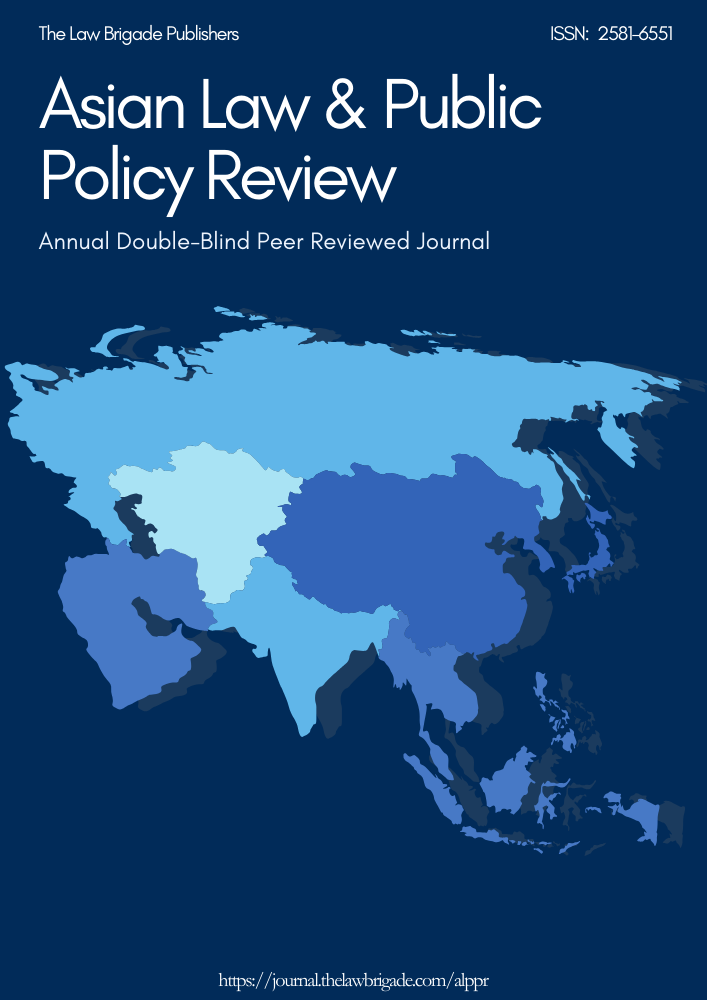SWACHH BHARAT ABHIYAN: AN ANALYSIS OF ENVIRONMENTAL GOVERNANCE
Keywords:
SWACHH BHARAT ABHIYAN, Environment, ENVIRONMENTAL GOVERNANCEAbstract
Environment means “the natural world, as a whole or in a particular geographical area, especially as affected by human activity”. It can also be defined as “the aggregate of social and cultural conditions that influence the life of an individual or community”.1 It is needed, therefore, to have a healthy environment so that the human beings can survive without being susceptible to the ill effects of diluted environment. Human beings interact with the environment constantly and these affect quality of life and health disparities. This environment can be termed as human environment as the humans are dependent on the environment in every aspect of their life. The Stockholm Conference, 1972 laid down 26 principles2 regarding preservation and enhancement of human environment so that the Governments of member countries can abide by it and regulate their environment.3 The government can make environmental policies to protect its environment based on these principles. These policies need to be implemented prudently so that the human environment can be sustained for the future generations to come. This goal of having a healthy environment should be pursued harmoniously to achieve economic and social development.
Downloads
Downloads
Published
Issue
Section
License

This work is licensed under a Creative Commons Attribution-NonCommercial-ShareAlike 4.0 International License.
License Terms
Ownership and Licensing:
Authors of research papers submitted to any journal published by The Law Brigade Publishers retain the copyright of their work while granting the journal specific rights. Authors maintain ownership of the copyright and grant the journal the right of first publication. Simultaneously, authors agree to license their research papers under the Creative Commons Attribution-ShareAlike 4.0 International (CC BY-SA 4.0) License.
License Permissions:
Under the CC BY-SA 4.0 License, others are permitted to share and adapt the work, even for commercial purposes, provided that appropriate attribution is given to the authors, and acknowledgment is made of the initial publication by The Law Brigade Publishers. This license encourages the broad dissemination and reuse of research papers while ensuring that the original work is properly credited.
Additional Distribution Arrangements:
Authors are free to enter into separate, non-exclusive contractual arrangements for distributing the published version of the work (e.g., posting it to institutional repositories or publishing it in books), provided that the original publication by The Law Brigade Publishers is acknowledged.
Online Posting:
Authors are encouraged to share their work online (e.g., in institutional repositories or on personal websites) both prior to submission and after publication. This practice can facilitate productive exchanges and increase the visibility and citation of the work.
Responsibility and Liability:
Authors are responsible for ensuring that their submitted research papers do not infringe on the copyright, privacy, or other rights of third parties. The Law Brigade Publishers disclaims any liability for any copyright infringement or violation of third-party rights within the submitted research papers.


